Which President Banned Christmas Trees?
Published Dec. 21 2020, 1:44 p.m. ET
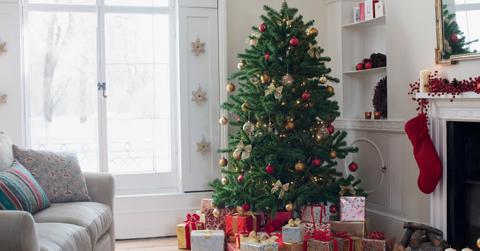
Once an ironclad piece of the Christmas tradition, the beloved Christmas tree has come under fire in recent years over concerns about its environmental impact. And while the argument over real vs. fake Christmas trees has been fairly well-settled by environmentalists, the discussion actually began quite a long time ago. The trimmings and trappings of this Tannenbaum's tale are in the details, but to fully understand them, we need to explore which president banned Christmas trees and why he would have done such a thing.
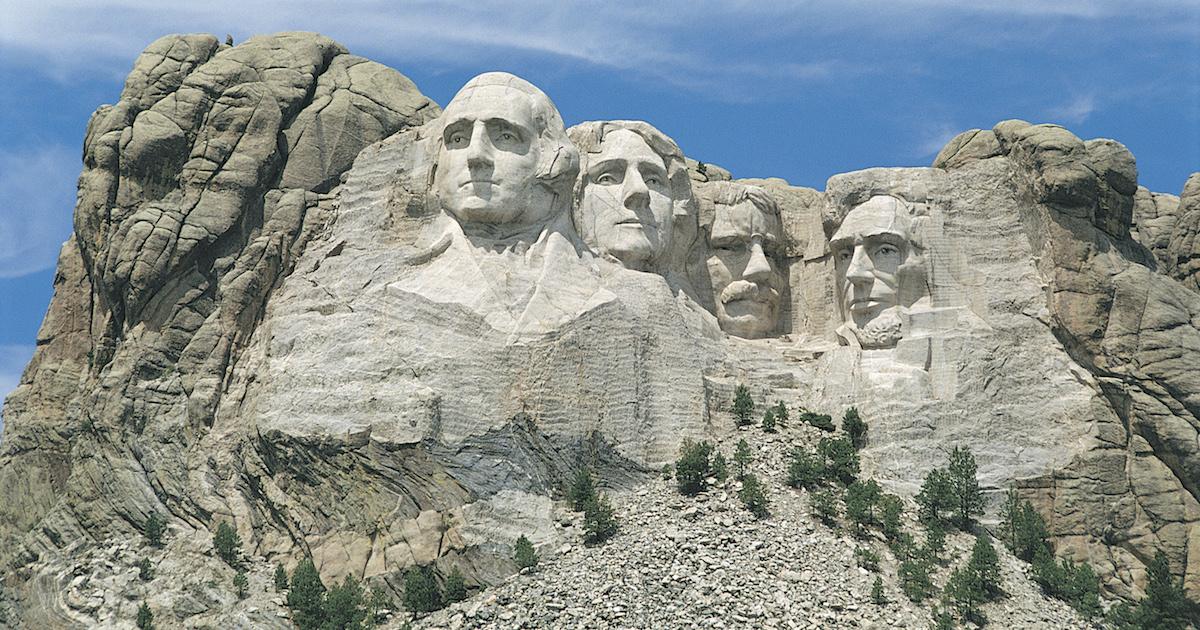
We'll give you a hint... it's one of these guys.
What president banned Christmas trees?
President Theodore Roosevelt is known for a lot of things. He was a powerful speaker, a strong personality, a staunch supporter of American imperialism (oof, OK, maybe skip that one), and he was one of the world’s first major advocates of environmentalism. He also took many actions on behalf of wildlife and conservation. For example, he helped establish the eventual Endangered Species Act, started the National Park Service, and, as it turned out, was not a big fan of the Christmas tree.
There is no definitive evidence that Roosevelt outright banned Christmas trees — in fact, the Forest History Society refers to his potential band as a "legend." That said, there are a number of reasons why the former POTUS may have banned natural Christmas trees during his presidency.
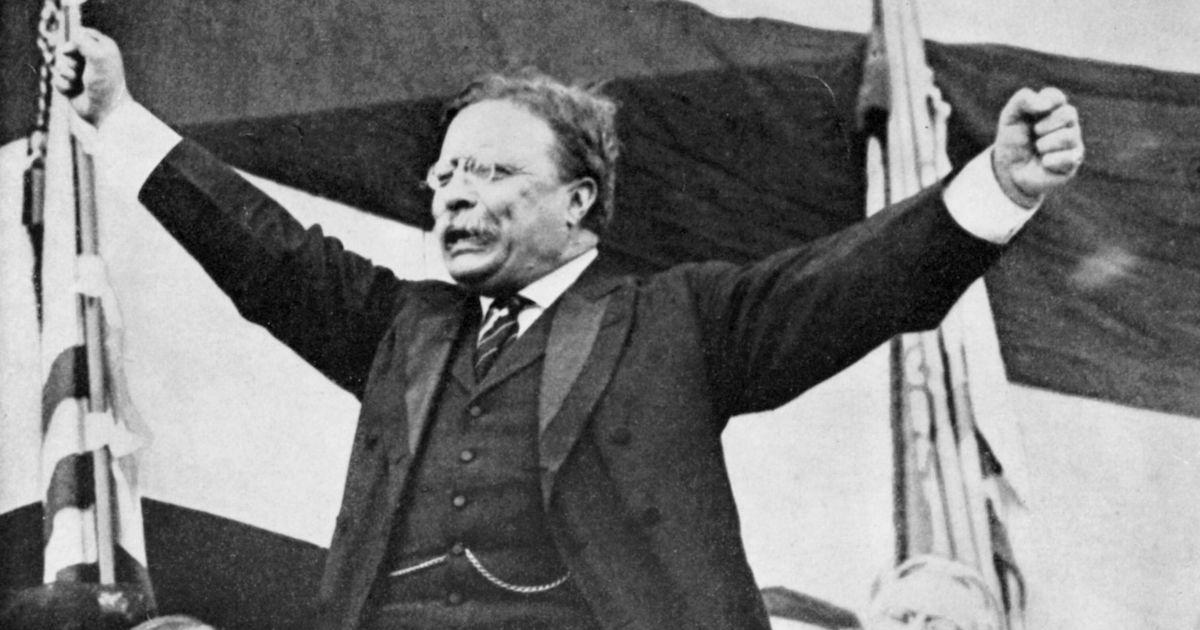
Did Roosevelt ban the Christmas tree in favor of conservation?
Surely, such a man, such a paragon of conservation, would not deign to have a live tree cut down for the sake of adorning his home? This is obviously not the case, for, despite his overt conservationist sensibilities, the former president was no stranger to hunting for sport nor keeping trophies of his kills to adorn the walls of his library, reading room, or indeed, the hallowed halls of the American Natural History Museum.
In fact, some state that it was Roosevelt’s love of hunting that first spurred him to action in terms of protecting endangered species. He loved the natural world, and was concerned that if logging, mining, and other such destructive practices continued unabated, there would be nowhere left for wild animals to live, and therefore, none left for him to hunt.
It stands to reason that this would be why Roosevelt would ban something as needless as Christmas trees from the White House and his own home. At the time, environmentalism was a new idea for many Americans. Roosevelt would have wanted to set an example for the country and the rest of the world. Nevertheless, it was not as if having a tree at the White House was a real “tradition,” so to speak. In fact, it didn't become an annual practice until the 1920s.
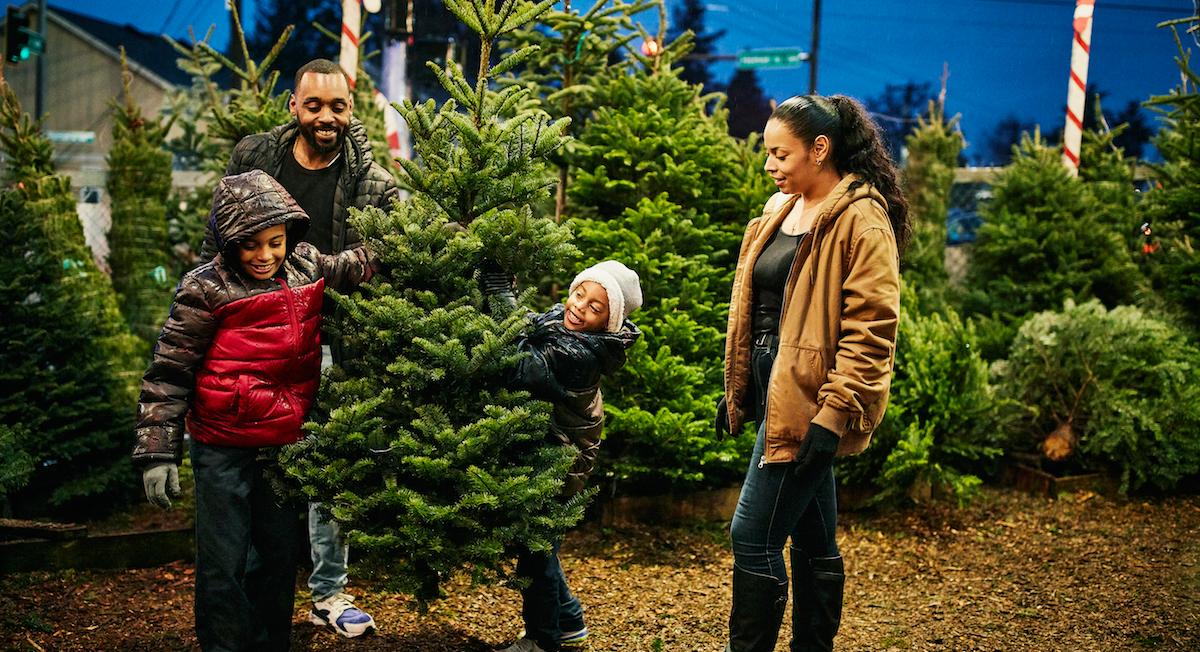
Did people put Christmas trees up back then?
According to the Forest History Society, 19th-century American households typically didn’t put up Christmas trees unless there were young children in the house. Many presidents who did opt for one — Presidents Grant, Cleveland, and Benjamin Harrison, for example — did so because they had either children or grandchildren around. Santa needed somewhere to put the presents, after all.
In 1899 though, a few short years before Roosevelt took office, his presidential predecessor William McKinley had received “many letters” begging him to refuse to have a Christmas tree in the White House. The reasons behind this inundation of imploring, was to, as the letters put it, “discourage this practice of arboreal infanticide.” Whether or not McKinley heeded their words is unknown, but Roosevelt apparently didn’t have one during his tenure.
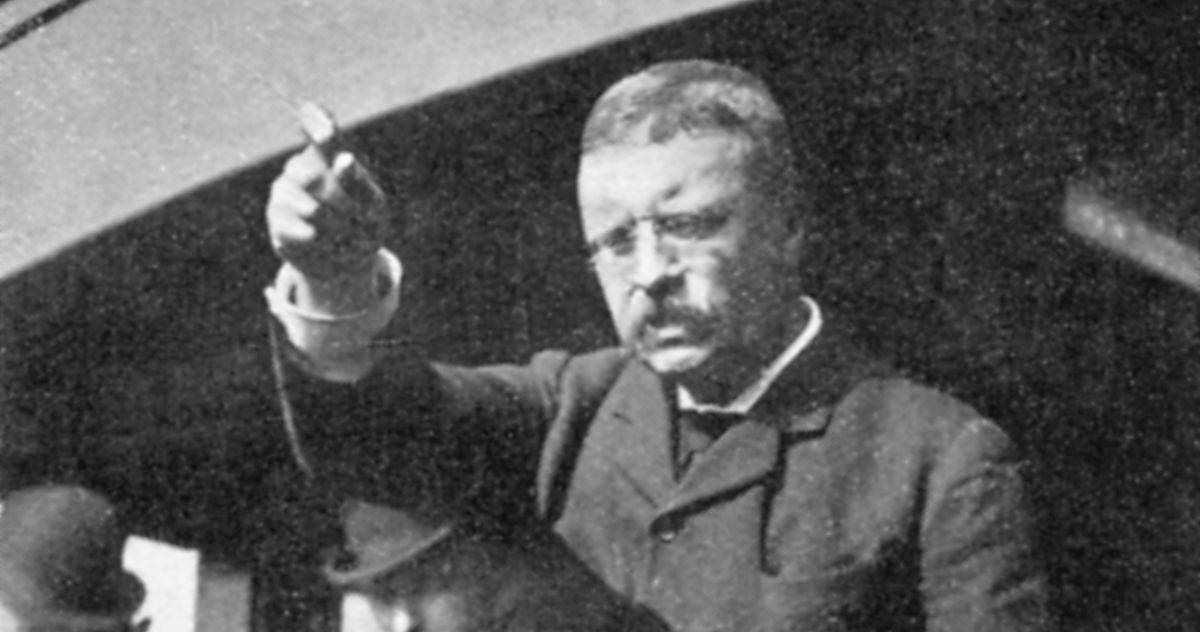
Was the Forest Service responsible for the Christmas tree ban?
In a way, yes. President Roosevelt was on record as opposing destructive lumbering practices. This makes sense for several reasons, not the least of which because Congress had only recently passed the Forest Reserve Act and the Forest Management Act a few years prior to him taking office. That said, it does not appear as though Roosevelt had singled out the practice of harvesting Christmas trees in any way.
Also, the forests protected by those acts were not supplying anyone with Christmas trees, so it’s unlikely that the newly-minted Division of Forestry had any major concerns with the trees being brought to people’s homes. That said, news clippings from that time, located in the U.S. Forest Service's archived files, indicate that many editorials were pretty strongly opposed to the practice. Public opinion is a strong motivator, and the debate over artificial or real trees became as hotly debated back then as it is today.
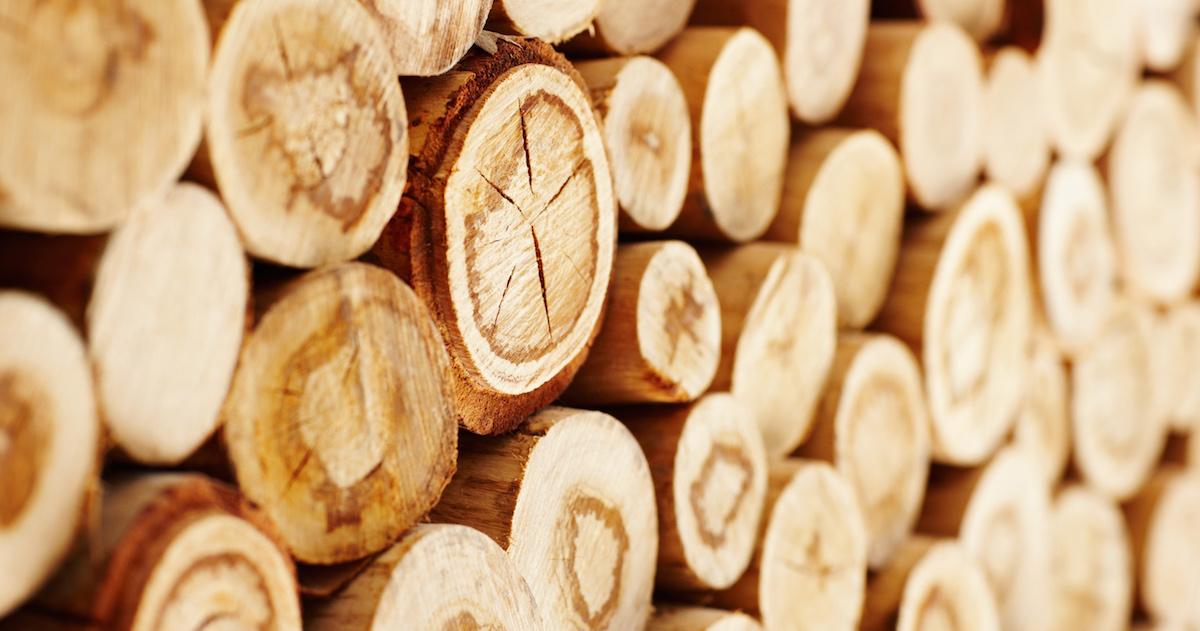
The story itself has become almost fantasy at this point. We may know or speculate much about why the pharaohs were mummified, but apparently, we know more about the reasons behind that than we do about whether or not Roosevelt really "banned" the Christmas tree. It’s nice to believe that if Roosevelt did indeed ban the tree, he did so for the right reasons, as he was under the impression that harvesting Christmas trees was bad for the environment.
These days, however, the practice of growing and harvesting Christmas trees can actually be quite beneficial for the already hobbled environment. Annual trees provide temporary relief for a carbon-soaked atmosphere and can be mulched, composted, or otherwise recycled at the end of the season rather than thrown away. They provide jobs, income, and only one out of every three planted is harvested annually. That seems like a pretty good reason to keep the tradition alive.